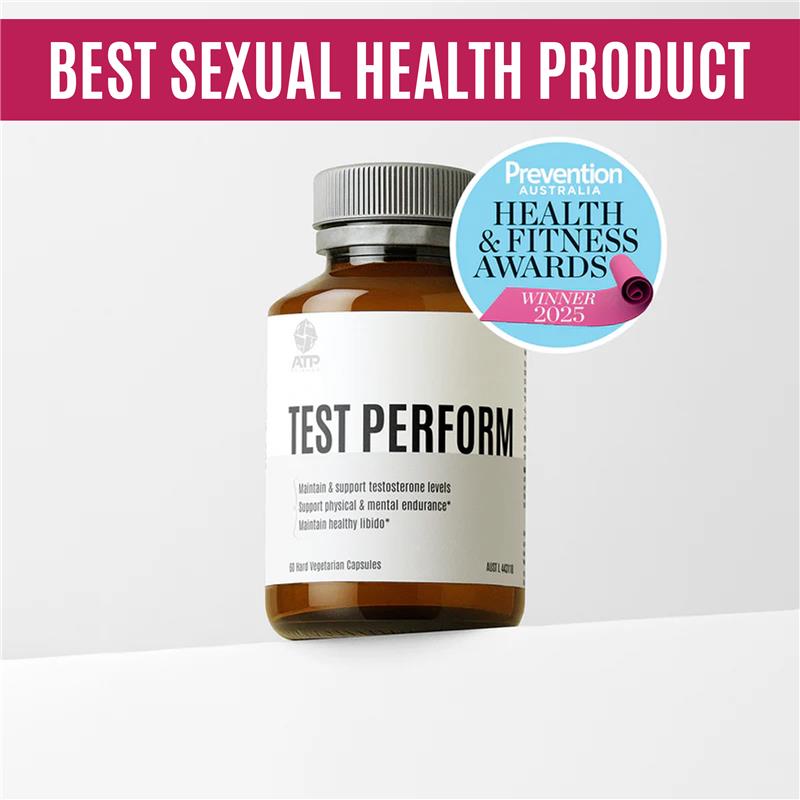In recent years, the gut microbiome has become our friend and something that can have a huge positive or negative effect on our health. There have been huge advances in the testing of the gut microbiome and we now have a pretty good idea which bugs we want more of and which ones we should reduce in number. It is a balancing act. The microbiome has a profound effect on our immune system and in light of the latest COVID-19 pandemic, it is worthwhile we examine the role of the microbiome on our immune system.
Microbiome and the Immune System Development
In various studies, the microbiome has been found to modulate neutrophil (an immune cell) function and migration. It has also been shown to affect the differentiation of T cells (immune cells) and the vitally important T- helper cells.(1) The T helper cells are like the ‘generals’ of the immune system as they tent to tell the immune system how to act and what to do. It is also important that these T helper cells are in balance, otherwise, autoimmune diseases can arise. For example, too much Th1 can lead to autoimmune diseases like Multiple Sclerosis (MS) and Psoriasis. If you have too much Th2, you can end up with allergies and diseases like hay fever and asthma. If you have too much Th17, ankylosing spondylitis can strike. The great news is that improving the microbiome can help with these conditions.
Competitive Colonization
Another way the microbiome acts as an immune system is because of ‘competitive colonization’. If you are unfortunate enough to cop a bad bug in your digestive system (like nasty gut-sickening rotavirus), your microbiome may simply compete with the colonization of the bad bug and you fail to get sick. Also, the microbiome secretes chemicals that kill other bugs, which gives us further protection against bad bugs(2).
Bidirectional relationship
There is an amazing bidirectional relationship between the gut microbiome and the person hosting the microbes in their belly. On one hand, the person’s immune system shapes the microbiome, but on the other hand, the microbiome alters the immune system of the person. This ‘cross-talk’ which is driven by the dendritic cells of the immune system, can also drive the T-reg cells, which are the T cells responsible for reducing inflammation. If the gut microbiome is not balanced, the signal coming from the gut can switch on inflammation, further driving diseases including food intolerance, arthritis, allergies and a general feeling of fatigue, aches, and pains.(3)
How to get a healthy microbiome
The best way to get a healthier gut is to eat well. Your microbiome and gut love plenty of colored fruits, green vegetables, plenty of nuts and seeds and more importantly, all those wonderful polyphenol-rich herbs like cinnamon, hibiscus, nutmeg, and Schisandra. You should limit or avoid all sugars, refined carbohydrates, and dairy foods. You should also be aware that taking probiotics may not be the best idea as they provide high doses of a limited strain of beneficial bacteria and you may have too much of that bug in your gut already. Remember, there are over 1000 species of bugs in your gut and trying to pick one to take may not be the best bet.
REFERENCES:
Francino MP. Early development of the gut microbiota and immune health. Pathogens (Rolhion N, Chassaing B. When pathogenic bacteria meet the intestinal microbiota. Philos Trans R Soc Lond B Biol Sci (2016) 371(1707):20150504.10.1098/rstb.2015.05042014) 4:769–90.10.3390/pathogens3030769
Rolhion N, Chassaing B. When pathogenic bacteria meet the intestinal microbiota. Philos Trans R Soc Lond B Biol Sci (2016) 371(1707):20150504.10.1098/rstb.2015.0504
Int J Mol Sci. 2019 Feb; 20(3): 501. The Interplay between Immunity and Microbiota at Intestinal Immunological Niche: The Case of Cancer. Rossella Cianci,1,* Laura Franza,1 Giovanni Schinzari,2 Ernesto Rossi,2 Gianluca Ianiro,3 Giampaolo Tortora,2 Antonio Gasbarrini,3 Giovanni Gambassi,1 and Giovanni Cammarota3


















